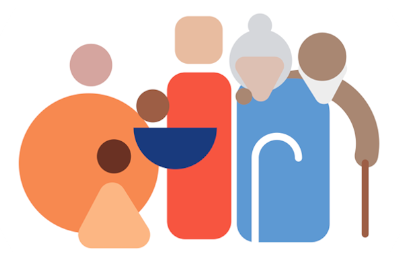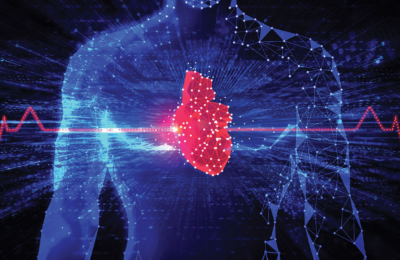The main goal of PALANTE is to empower patients so they are able to make informed decisions about their health, take an active role in their care and collaborate effectively with their healthcare team thanks to the use of information and communication technologies.
The PALANTE Project considers 7 new pilots in different European regions (Andalusia, Lombardy, Turkey, Norway, Austria, Czech Republic and Basque Country) and 2 additional on-going experiences in France and Denmark. The pilots have been carefully selected to cover different levels of patient empowerment and chronic disease management. Overall, the project mobilizes 21 partners in 10 different countries, and 69.550 new users. Pilot teams of public – private partnership ensure all the key stakeholders are involved in the eHealth provision. Through these pilots the PALANTE project aims to maximize the potential of ICT technologies by validating at a large scale a significant number of pilots so all the mechanisms involved in patient empowerment are addressed.
Patients on all social levels across Europe are targeted by the project as they are increasingly demanding access to their health information records and participation in the process of their health information records and participation in the process of their healthcare delivery. Certain pilots are specially focused on chronic patients, who need more personalized care/assistance, and tool to improve their self-care and self-management.
Patient empowerment enables patients to take an active role in their own healthcare provision which allows them to stay easily informed and “self-manage” their own health services. In the context of ageing population and increasing number of chronic patients, patient empowerment is considered a key tool to reduce healthcare costs and improve quality and efficiency of the health delivery process. Patient empowerment has become an element of high priority in the EU health strategy, supported by national and regional health authorities.
Together with Republic of Turkey Ministry of Health (MOHTR) and Turkish League Against Rheumatism (TLAR), SRDC manages the Turkish pilot of project. Turkish pilot mainly focuses on patients’ learning about their diseases. Being knowledgeable about disease is considered as a key point on taking an active role in treatment process. After necessary information are provided to patients, patients are aimed to have sufficient knowledge about general treatment plan, options in care period and it’s outcomes, current situation of disease, treatment period, effects on the course of live etc.
Turkish pilot focuses on Ankylosing Spondylitis (AS) disease which requires regular treatment. AS patients are able to manage their health through Virtual Arthritis Clinical Service (VACS) on eSaglikKaydim platform provided by SRDC. AS patients are also able to communicate with healthcare professionals and other patients through this service. One one hand VACS provides information to patients about their diseases, on the other hand it provides necessary tools by which patients can regularly store important health data like their feelings, encounters, effects of medications or exercises etc. Thanks to this information, healthcare professionals are able to be kept up to date on patients’ situation and interfere quickly when necessary. These interferences can either be simple suggestions like change in exercise program or important cases like getting a doctor appointment as soon as possible.
| 1. | Fundación Progreso y Salud | Spain |
| 2. | Servicio Andaluz de Salud | Spain |
| 3. | Indra Sistemas | Spain |
| 4. | Lombardia Informatica | Italy |
| 5. | Politecnico di Milano | Italy |
| 6. | Republic of Turkey Ministry of Health | Turkey |
| 7. | SRDC | Turkey |
| 8. | Turkish League Against Rheumatism | Turkey |
| 9. | Oslo Universitetssykehus HF | Norway |
| 10. | CSAM Health AS | Norway |
| 11. | EMPIRICA | Germany |
| 12. | KAGES | Austria |
| 13. | Gesundheitsfonds Steiermark | Austria |
| 14. | FH Joanneum GmbH | Austria |
| 15. | IZIP | Czech Republic |
| 16. | European Health Management Association | Ireland |
| 17. | Servicio Vasco de Salud Osakidetza | Spain |
| 18. | ASIP | France |
| 19. | SUNDHED | Denmark |
| 20. | Fondazione Politecnico di Milano | Italy |
| 21. | BIOEF | Spain |









